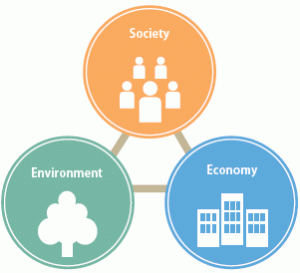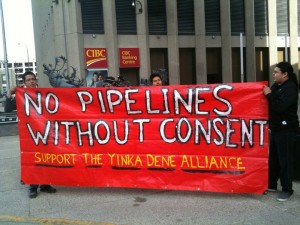Corporate Social Responsibility is a fundamental element for organizations and stakeholders that ensures meticulous responsibility of businesses towards the environment and society. The CSR has almost become a point of parity in the business world due to the transparency of corporate decisions and activities conducted by various corporations. CSR is essential for businesses as it enhances the brand image and creates social and environmental responsibilities. With CSR, the primary goal of the firms is still to maximize their profits, but with added value.
Despite its significance in today’s world, many companies still breach the CSR to abate their expenses. For instance, Canada’s junior hockey team violated the minimum wage laws and disrupted its social responsibility towards its employees. The Canadian hockey league countered these charges by alleging that their athletes, by contract, are not considered employees; hence, they do not even have to be paid. Even with the legal contract, the hockey league is inconsiderate about its CSR: the players, who vigorously compete for the team, train hard for the league, and help the team earn profits, are not being compensated for their services.
The hockey league’s attempt to minimize its wage expense has violated the CSR and has gained public cognizance. In addition, the league faces serious threats from the pending lawsuits. Conclusively, violating the CSR now poses a serious threat to the brand image and corporate value of the Canadian junior hockey team.
Work Cited
News, CBC. “Canada’s Junior Hockey Teams Violate Minimum Wage Laws: Lawsuit.” CBCnews. CBC/Radio Canada, 20 Oct. 2014. Web. 28 Oct. 2014.
“CSR Matrix – Transfer of Innovation Project.” CSR Matrix – Transfer of Innovation Project. N.p., n.d. Web. 28 Oct. 2014.


